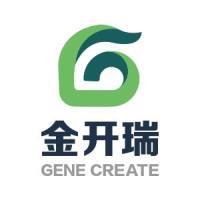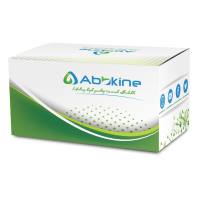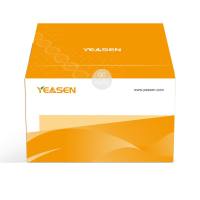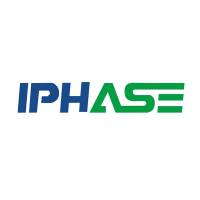Isolation and Enzymatic Activity of Angiogenin
互联网
488
Angiogenin is one of several unusual members of the pancreatic ribonuclease superfamily (for reviews see refs. 1 ,2 ). It was first isolated as a 14 kDa soluble protein from culture medium conditioned by human colon carcinoma (HT-29) cells, and identified as an angiogenic substance based on its capacity to induce blood-vessel formation on the chorioallantoic membrane of the chicken embryo (3 ). Although angiogenin is secreted by most tumor cells, and has been shown to be essential for tumor growth (4 ), it is not a tumor-specific protein. It is present at a concentration of 250–360 ng/mL in normal human plasma. Higher or lower concentrations have been seen in a variety of conditions including endometrial cancer, pregnancy, and renal dialysis, but thus far its plasma level has not been shown to have diagnostic relevance. Recently, a protein that inhibits the degranulation of polymorphonuclear leukocytes was isolated from plasma ultrafiltrates of patients with uremia and shown to be identical to angiogenin (5 ).









